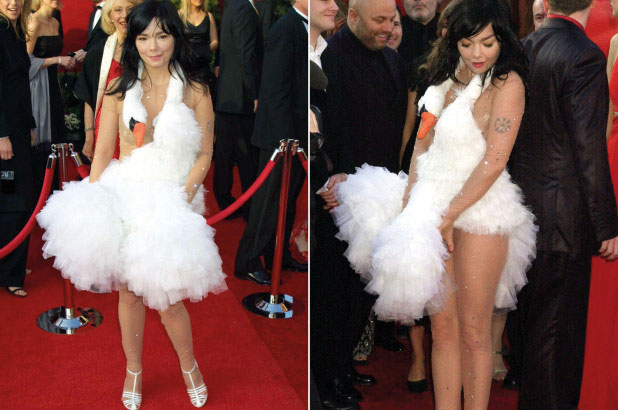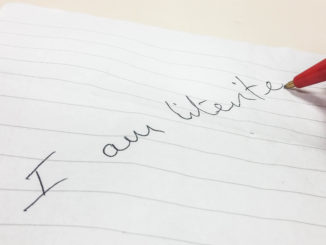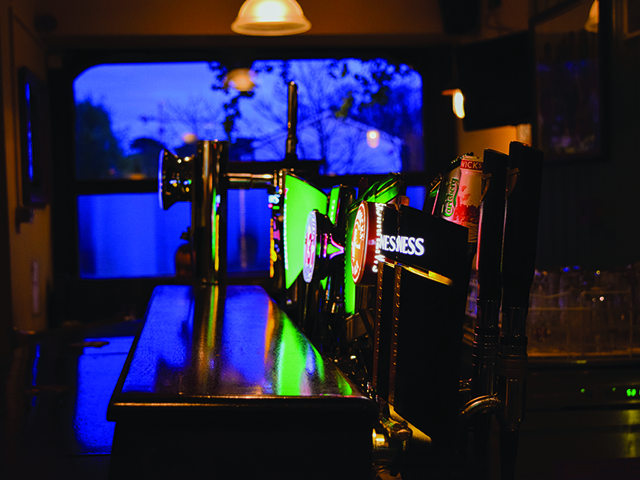
[dropcap]2[/dropcap]018 marks the 25th anniversary of Icelandic songstress Bjӧrk’s debut as a solo artist. In this time, Bjӧrk has redefined what it means to be a creative force in the modern music industry. With each release, she has evolved her sound to bring listeners to wholly new worlds of her creation.
In 1993, a newly solo Bjӧrk (formerly the lead vocalist of Icelandic rock band The Sugarcubes) released Debut¸ an off-kilter collection of dance and jazz songs inspired by the singer’s love of 1990’s London club culture. With her debut, Bjӧrk established herself as an exciting new creative force in 1990’s pop music. It’s follow-up Post, released in 1995, built upon the sound of Debut, embellishing the dance-pop production with harsher electronics and beats, and bringing to listeners a more angry, passionate, and more powerful Bjӧrk, one that would further flourish as her career continued.
After a turbulent period for the singer, including increased media attention and a terrifying encounter with a stalker, Bjӧrk fled to Málaga to record her third album Homogenic. Upon its release in 1997, the album received critical acclaim and has since been regarded as one of the best albums ever made. Its futuristic, ice-cold electronic production has aged remarkably well, and laid the groundwork for Bjӧrk’s signature dramatic, awe-inspiring balladry. Her fourth album Vespertine, released in 2001, is a massive contrast to her previous work, detailing her relationship to visual artist Matthew Barney. Its songs are sparse, delicate odes to the joys of love and passion.
In 2004, Medúlla was released, a bizarre but enchanting acapella album. It followed on in Vespertine’s more introverted style of song writing, and used choirs, throat-singing, and beat-boxing to create an eerily beautiful soundscape to these songs. Her sixth album Volta was released in 2007. The album is her most politically-charged work, inspired by her work as a UNICEF ambassador, and has a more immediate, pop-friendly sound, with production by Timbaland and Danja among others.
2011 marked the release of Bjӧrk’s seventh album Biophilia, a sparse, intentionally mundane ode to the natural world and cosmology. The album was released with an accompanying app for smartphones, which featured the album in full, along with games and visual experiences. It was the first ever music release to have an accompanying application.
In 2015, Vulnicura was released, a dark and often disturbing account of the demise of the relationship that defined Vespertine. It was the beginning of Bjӧrk’s work with Venezuelan producer Arca, and his abstract, harsh production perfectly mirrors the album’s themes of heartbreak and betrayal. Their next collaboration was 2017’s Utopia, described by Bjӧrk as her “Tinder album”. The album is an epic and joyful celebration of love, life, and nature, a work of intergalactic proportions.
From looking back through her discography, one can attest to the genius of Bjӧrk. Her work is timeless, and she remains one of the most respected voices in music today. Just one question remains, one that fills this writer with excitement – just where on Earth will she take us next?
Darragh McNally
Image Credit: nypost.com



